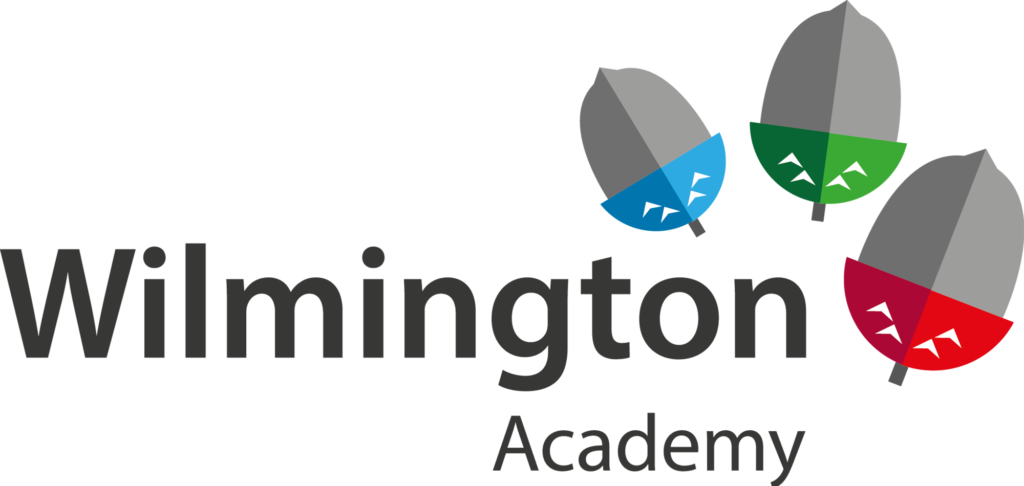Children who feel happy, safe and valued are more likely to succeed and achieve their full potential. It is the aim of the Academy to support students and their families through the obstacles that life presents to ensure that our students become well-rounded, reflective and resilient citizens.
We achieve this in a number of ways:
Safeguarding
- The Designated Safeguarding Lead (DSL) is Pete Devlin (Head of Apollo College)
- Sarah West (Wellbeing), Maxine Mclean (Jupiter), Gina Pepper-Newlan (Jupiter), Roberta Keenan (Apollo), Sharron Duff (Minerva), Belinda Raji (Olympus) are Deputy Designated Safeguarding Leads.
- The Trust Human Resources maintain the Single Register. Staff receive regular CP training.
- Wellbeing Manager, Sarah West.
‘Schools within a school’ model
- Small schools within a school. The Apollo, Jupiter, Minerva and Olympus colleges are designed to create a community where no one gets lost in the system and everyone has a sense of belonging.
- Vertical tutoring provides a mixed aged setting, which strengthens the sense of community, gives confidence and provides support.
- Assemblies and tutorials are designed to enable students to reflect on the world around them as well as develop skills needed for life beyond the academy.
- Action days provide students with extended opportunities to engage in activities that will extend their understanding of spiritual, moral, social and cultural issues.
- At MYP and KS4 a dedicated pastoral team within the small school comprising of a Head of College, 2 x Assistant Principal, 2 x Student Services Managers, a Head of Year, an Administration Assistant, and tutors for 15 tutor groups. The team has oversight of all matters relating to student welfare including academic progress, attendance, educational/medical needs and day-to-day issues. At P16, a dedicated team comprising of a Head of P16, an IB Lead, a KS5 Phase Lead, a Student Services Manager and an Administration Assistant.
- Small school and faculty rewards and sanctions are in place to encourage good behaviours for learning as well as developing students as responsible citizens.
- Student voice encourages active involvement in Academy life.
External Providers
The academy commissions the expertise of external providers to give specialist support to students on a one-to-one basis including mentoring and counselling.
All colleges work closely with other agencies to provide support and guidance to students and their families. Wilmington academy is part of the Dartford Inclusion Forum and works closely with local schools as well as the local authority to provide specialist intervention and support, including managed moves where appropriate.
Literacy Support
Low levels of literacy on entry continue to be a challenge for a large proportion of our learners. The academy has a Literacy Lead who leads on a range of support and interventions to help our students’ recovery with their reading, spelling, grammar and writing deficits.
Programmes include:
- Fresh Start
- One-to-one support
- Small group support
- Peer support
- Accelerated Reader
- Well-stocked library
- Special events and prizes
- Read & Write for Google Chrome via their Chromebooks
- Overlays and The ACE Dictionary
- Spelling bees and other literary competitions
- Drop Everything and Read
- Rosetta Stone
- Faculty literacy representatives
- Staff literacy development
- Assessment and intervention
- Cross-curricular extended writing opportunities
- Access to Dyslexia friendly library books and form reading books
Learning Support
Our SEND team led by the SENCO track and review the progress of all students with additional educational needs and provide support and interventions as appropriate to ensure that every student makes at least expected progress.
The teaching assistants receive regular training and work with colleagues within the Trust as well as external agencies to ensure that provision is of the highest quality.
Trust Inclusive Services
Leigh Academies Trust has developed a range of specialist support for the academies to supplement provision with specific support and guidance on Attendance and Safeguarding. The academy careers provision includes independent advice and guidance to students on the range of opportunities available to them and numerous opportunities for all students to engage with employers.
Pupil Premium
The government provides extra funding for students who receive free school meals and/or children in care. Please see Pupil Premium Statement (About us) for more information.
Policies
For more information see Policies (About Us)


